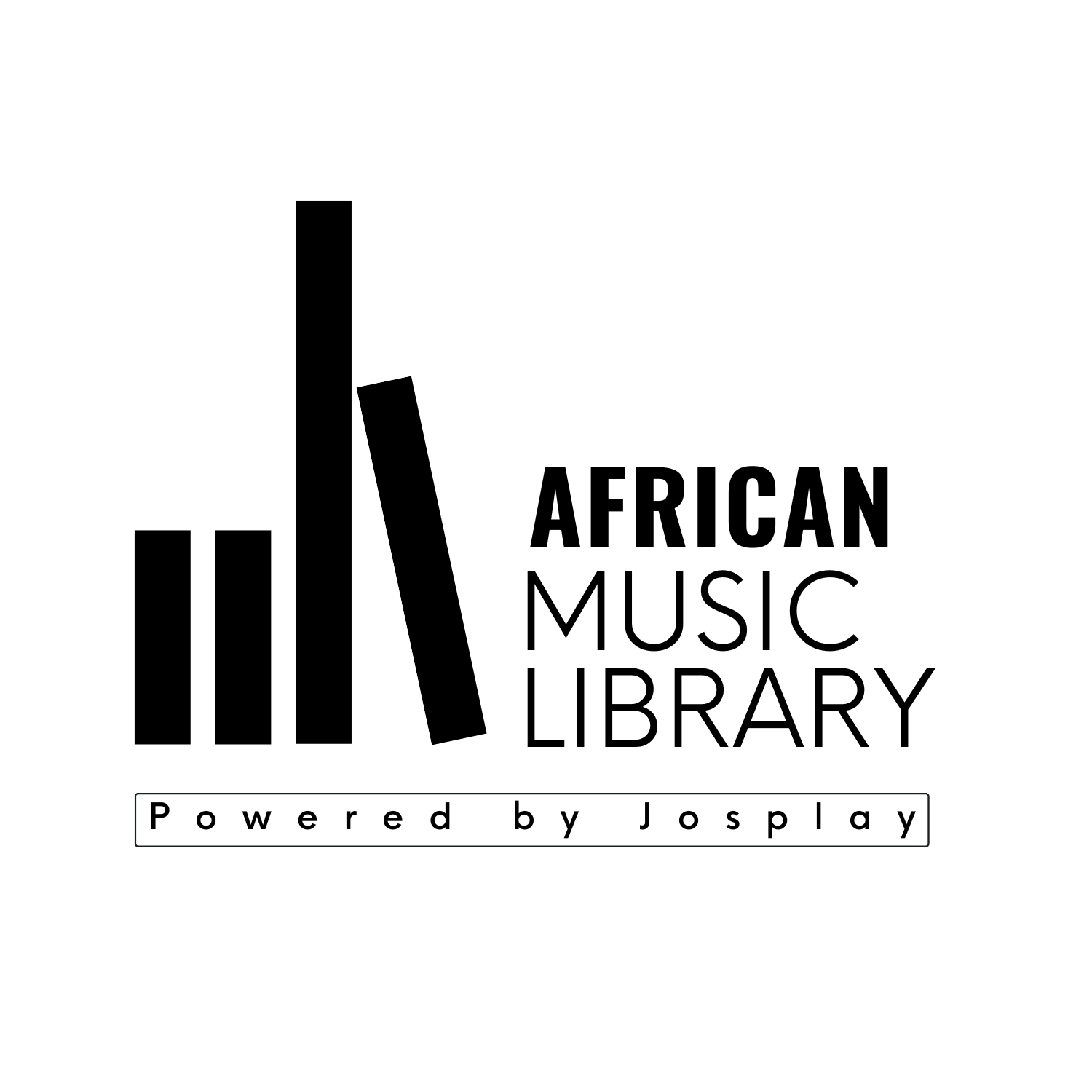JosPlay has unveiled Africa Music Library (AML), a vast music data resource site containing over 11,000 songs, across multiple genres, by over 4,000 African music artists.
In his Metadata website presentation, co-founder and CEO Emmanuel Ogala described AML as a repository of music, detailing, what music, who made it, how it was made, and all other information. which contribute to the understanding of this music. music.
As a search engine, users can search for a particular music, artist or band and the metadata will show all the details about the music – the artist, genre, record label and features that explain the differences between the music. genres. An illustration is the Genre Training Program – which are video sessions that provide music genre studies, which allow people to learn and qualitatively analyze different genres of music. Although API calls are absent in AML 1.0, AML 2.0 Ogala said he will own this audio.
On the importance of the African music library right now, AML Co-Founder, Project Director and COO, Jideofor Okoro responds, “Why not now?” “There is currently no music data library for African music.” This lack of data, he said, led to centuries of lost histories of African music between the 19th and 20th centuries. In addition to the huge loss of music history, the lack of metadata on African music has led to a loss of funding and revenue for the African music industry, with the industry registering only 1.2% billions of dollars in global music revenue.
“How to combine data and music? Is the pressing question. We should have started before now. The dynamism of the music industry is changing and we need to document all of this. Okoro also highlighted the need to forge huge alliances with industry stakeholders to build and update the AML system, and to stimulate intellectual debate about music.
Addressing the benefits of such a database for musical artists, Jotam Mataryl said it allows African musical artists to be attributed and paid for their work when and where it is used. To make it easier for AML to document musical pieces, he asked that when recording, artists do it on a spreadsheet, before handing it over to those responsible for publishing their work on the digital platform.
“Don’t just stream your music. Have your music aggregates and on the platform. Metadata is essential because without it, you won’t be credited or paid for your music. »
Speaking in more detail about the benefits of metadata, cultural journalist Shishi Wanj said it has helped musicians, producers and instrumentalists a lot to connect to their roots.
“The most important thing is to be able to find out where their sounds came from and how the sounds led to other sounds. This helps to trace who innovated what and to follow the chain of events in music,” said the DJ and researcher.
Assuring users of the quality of AML data and information, Anu said the group ensures authentic, valid and updated information through its data collection and analysis process.
During the data collection process, she said extensive research was conducted by academics, ethnomusicologists and musicians who obtained information from record companies. The information is sourced from record labels, publishers, etc., and then segmented into different genres and countries. The data analysis process involves fact-checking to ensure artists own particular music and contacting songwriters, stakeholder managers, among others.
“We are open to collaboration with other music players across Africa and the world. We call on music industry experts, CEOs and stakeholders to join in and make AML a valuable resource for future generations,” Anu said.

